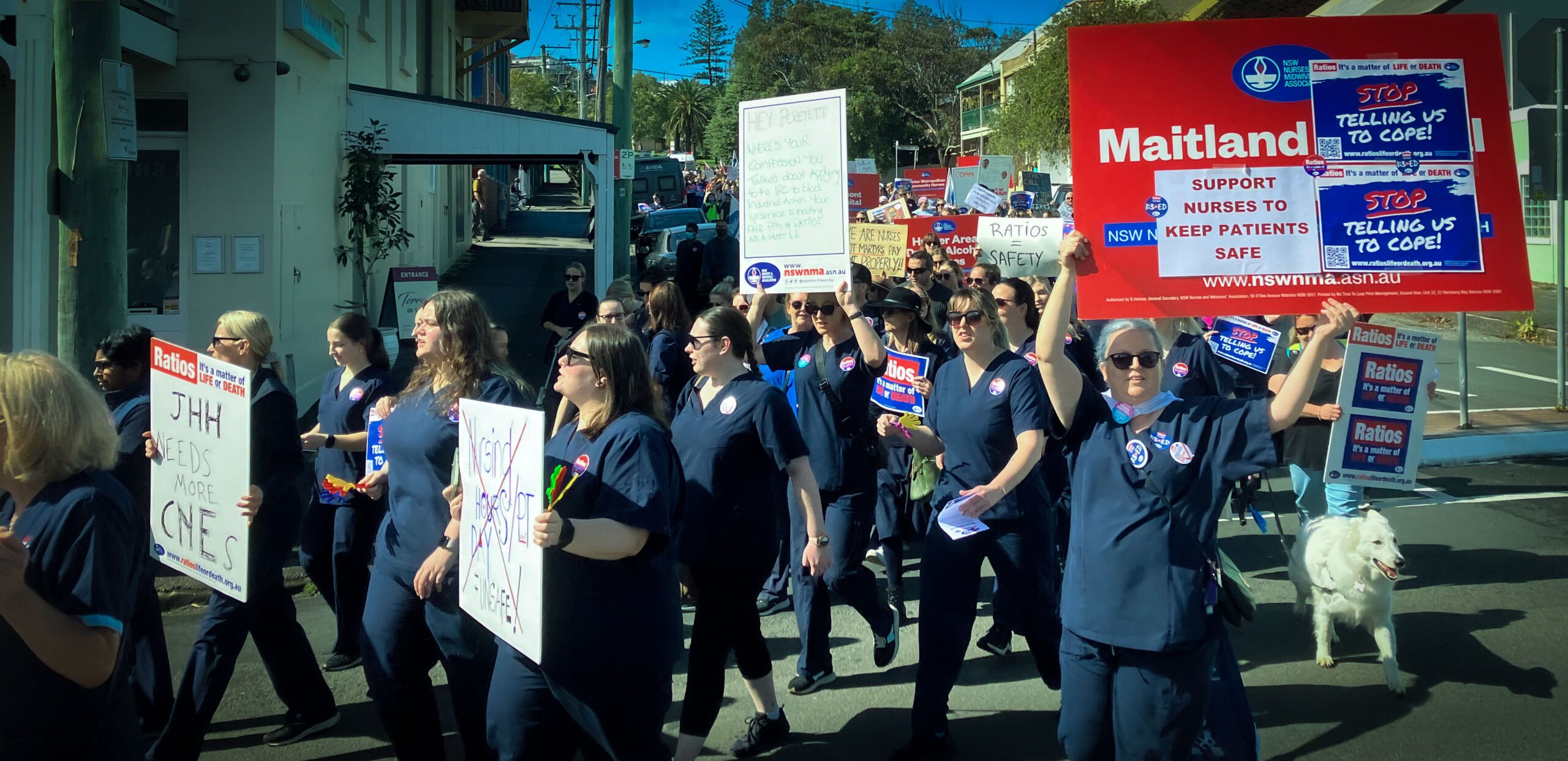Australia’s post 2020 CO2 emissions reduction targets should cut emissions ‘as quickly as possible’, the Climate and Health Alliance has said in its submission to the Department of Prime Minister and Cabinet UNFCCC taskforce.
The alliance of 28 health sector stakeholders has set out a schedule for emissions cuts that would see Australia reach zero emissions in 2040, with a minimum target of 20% reduction of 2000 CO2 levels by 2020; 40% by 2025; 60% by 2030; 80% by 2035; and negative net emissions by 2050. However these should be seen as the “bare minimum”, CAHA Executive Director Fiona Armstrong said.
These cuts are necessary to “protect health, prevent serious social and economic disruption and to limit higher future costs of mitigation”, CAHA said in its submission, which has also called for a review of the two degree goal, arguing it is too high to be safe.
“Right now, we are on track to exceed two degrees [above pre-industrial temperatures], possibly as early as the middle of this century,” Ms Armstrong said. “The health impacts at the current less than one degree of warming are already serious, and deadly. We must cut emissions as quickly as possible to help limit massive adverse impacts on human health, both in Australia and globally.”
CAHA is calling for a ban on all new coal mine licences, and for the immediate closure of seven of the oldest, most polluting coal fired power stations in the country.
“It is time to begin the transition away from coal,” Ms Armstrong said. “This can only begin if we stop expanding production. No more coal mining licences should be issued by any government in Australia. This does not mean coal mining will shut down overnight – far from it. The coal industry will continue for years and decades as it works the mines already in operation. But stopping new mines opening will allow communities, governments and industries, to begin to work together to develop transition plans, so that as the industry contracts (as it necessarily must) new industries can take its place, and coal mining communities can be supported to develop new, healthy, sustainable, low carbon industries.”
Other policy recommendations from CAHA include the expansion of the Renewable Energy Target to 60% by 2020; the reintroduction of a price on carbon; stronger regulations to cut pollution from transport; removal of fossil fuel subsidies; incentives to reduce energy demand, including energy efficiency; a national moratorium on coal seam gas; and incentives to encourage a “greater proportion of plant-based meals”.
“The bottom line here is that climate change is already harmful to human health”, said Ms Armstrong. “But cutting emissions will bring many benefits to health, and save money. The Australian government must recognise this connection, and reorientate its polices to protect health and Australia’s future.”
The CAHA Submission is available at http://caha.org.au/publications/submissions/







